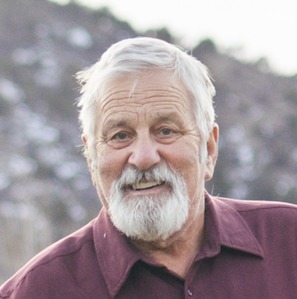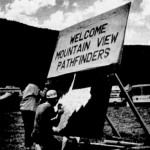The Art of Apologizing
Of the many things in life that are hard to do and require practice to become good at, somewhere in between cliff skiing or rock climbing, apologizing has to rank in my top 10. From the simple, “I’m sorry I’m late,” to the more uncomfortable, “I’m sorry, it’s not you it’s me,” everyday life requires us to recognize our errors, and mend our ways with the deceptively simple apology. I cringe at the thought of confrontation, and am usually the first to spout excuses and apologies when and where there is tension between me and others. Maybe it is my ready nature to say “I’m sorry” that has tempted life to hand me a more difficult task: I have recently had to apologize when I felt I was the victim, that someone else should be apologizing to me. With a friend recently, the only way to get over this horrible, angry, bitter argument was for me to take a step forward and send up the white flag. Even though I felt this friend was definitely the one who owed me an apology, I spoke the inevitable words, “we need to talk” and took the plunge into the long, expected discussion. As a good friend of mine always says, “well everybody has to sleep at night,” and I needed to recognize what I had contributed to the argument to move on with my life.
Among the many joys and wonders of the human condition, perhaps one of the most enduring is the human capacity to make mistakes. With the thousands of people each day making thousands of choices, many of them right and many wrong, we also make choices to either correct our mistake or leave it be and hope for better next time. I often find the most painful of situations occur when a mistake goes unaddressed, seeing as not all mistakes demand our attention, yet that one mistake which has slid by is soon accompanied by another one, and another, until there is a more serious problem indeed. Although it is never easy to make quite possibly the hardest decision, and apologize for one’s mistakes, it is regularly necessary to coexist as functioning human beings. However, the most burning question is between the cost and value of an apology, when, if ever, is it really worth it?
One of the factors that make apologizing so difficult is that it requires one to recognize their blameworthy actions. As is the situation in all choices, essentially no one is accountable for your actions but you. When it comes down to it, you’re the one who has to “sleep at night,” and ultimately live with your decisions. Concerning apologizing, the very action demands that one owns responsibility for his or her actions, and is willing to admit he or she is wrong and is sorry. In life, I have not always understand why my actions hurt someone or what specific tendencies of mine led to their feelings towards me, but I guess that is where the question of worth is often answered. Is it worth it to let a friendship die, or swallow my pride and let go of the anger built up with each mistake slipping by unattended to. Is it more important to let someone deal with the pain of their own bad decisions, or accept equal responsibility for my overlooked bad decisions in an effort mend the broken relationship?
Lately I have been initiating a great deal of apologies, from times when I was truly at fault to when I expected a cascading speech of apology in return. However, more often than not, I often find this expectation of apology in return goes unfulfilled, leading me next to the most crucial and unseen aspect of apologizing. When we accept responsibilty and apologize, we absolve our own regrets and mistakes; we can do nothing for those of others. The most significant step in apologizing is letting go of whatever anger or hurt that had been decaying our hearts. Whether someone is mature, strong, or ready to reciprocate, is up to them. Like so many things in life, we have to keep growing and moving forward, correcting the mistakes we can and resting peacefully with the remainder. All we can know is that our best efforts have been presented, and at the end of the day, “well everybody has to sleep at night.” So, with white flag in hand, I venture out into my life, knowing however guilty or not I may be, making the apology is no easy task. And yet no matter how difficult, I have always found it to be worth it in the end. After all, that same friend of mine often says, “no pain, no gain.”
Bianca Gordon is a junior at Vail Mountain School. Read more of her columns at vailtrail.com/blog.










